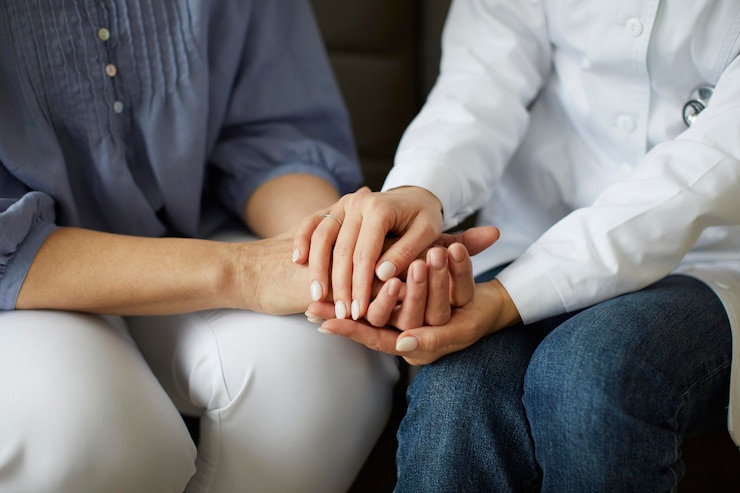
After a car accident, many people overlook the emotional impact or trauma they might be experiencing, assuming it will simply fade with time. However, these feelings often require attention and care to truly heal. Even minor incidents can be emotionally overwhelming, especially when caused by someone else’s negligence. Prioritizing your mental and emotional health after an accident is essential.
Here are some tips to help manage anxiety, assess emotional loss, and start feeling better:
Take Care of Yourself
Feeling anxious after an accident is completely normal, whether it leads to short-term stress or deeper trauma like PTSD or Acute Stress Disorder (ASD). While it can feel cliché, self-care is important. Recovering emotionally and physically takes time, so be patient with yourself. Focus on habits that promote healing, such as drinking plenty of water, eating healthy meals, and engaging in light exercise if your therapist approves. Beyond physical care, make time for activities you genuinely enjoy, such as reading or cooking. These small steps can help create a sense of normalcy.
Open Up About Your Feelings
Suppressing emotional distress will only make it worse. Sharing your experience with a trusted friend or family member can alleviate the burden, and speaking with a qualified therapist may provide additional tools to help you manage your emotions and stress. Professional guidance is especially beneficial when navigating trauma caused by an accident.
Address Financial Worries
Stress after an accident often stems from concerns about physical injuries, property damage, and mounting medical bills. Instead of letting the financial strain overwhelm you, consider consulting with a car accident attorney to help you secure fair compensation and manage your recovery more effectively.
Understand PTSD and Its Symptoms
Post-traumatic stress disorder (PTSD) isn’t limited to extreme stress; it can also emerge from relatively minor incidents. Symptoms of PTSD can vary between adults and children, and may include persistent feelings of fear, avoidance, or emotional numbness. If these symptoms last beyond a few weeks, they may be categorized as PTSD, whereas shorter-term distress is typically classified as Acute Stress Disorder (ASD). Both conditions are treatable, and seeking help can prevent prolonged suffering.
Seek Professional Support
While some emotional pain may gradually decrease within a month, longer-lasting or intense feelings of distress often require professional intervention. If coping is becoming too difficult or emotions are interfering with daily life, reaching out to a therapist can make a huge difference.
Focus on What You Can Control
Try to concentrate on the aspects of your recovery and daily routine that are within your control. This can help you move forward and minimize negative feelings. Additionally, practicing safer driving habits can provide peace of mind. Use turn signals, wear your seatbelt, and eliminate distractions like eating, using gadgets, or driving while fatigued. Avoid situations that compromise your focus on the road to prevent future mishaps.
Taking steps to heal mentally and emotionally after an accident is just as important as addressing physical injuries. With the right support and healthy habits, you can move forward toward a better, healthier life.